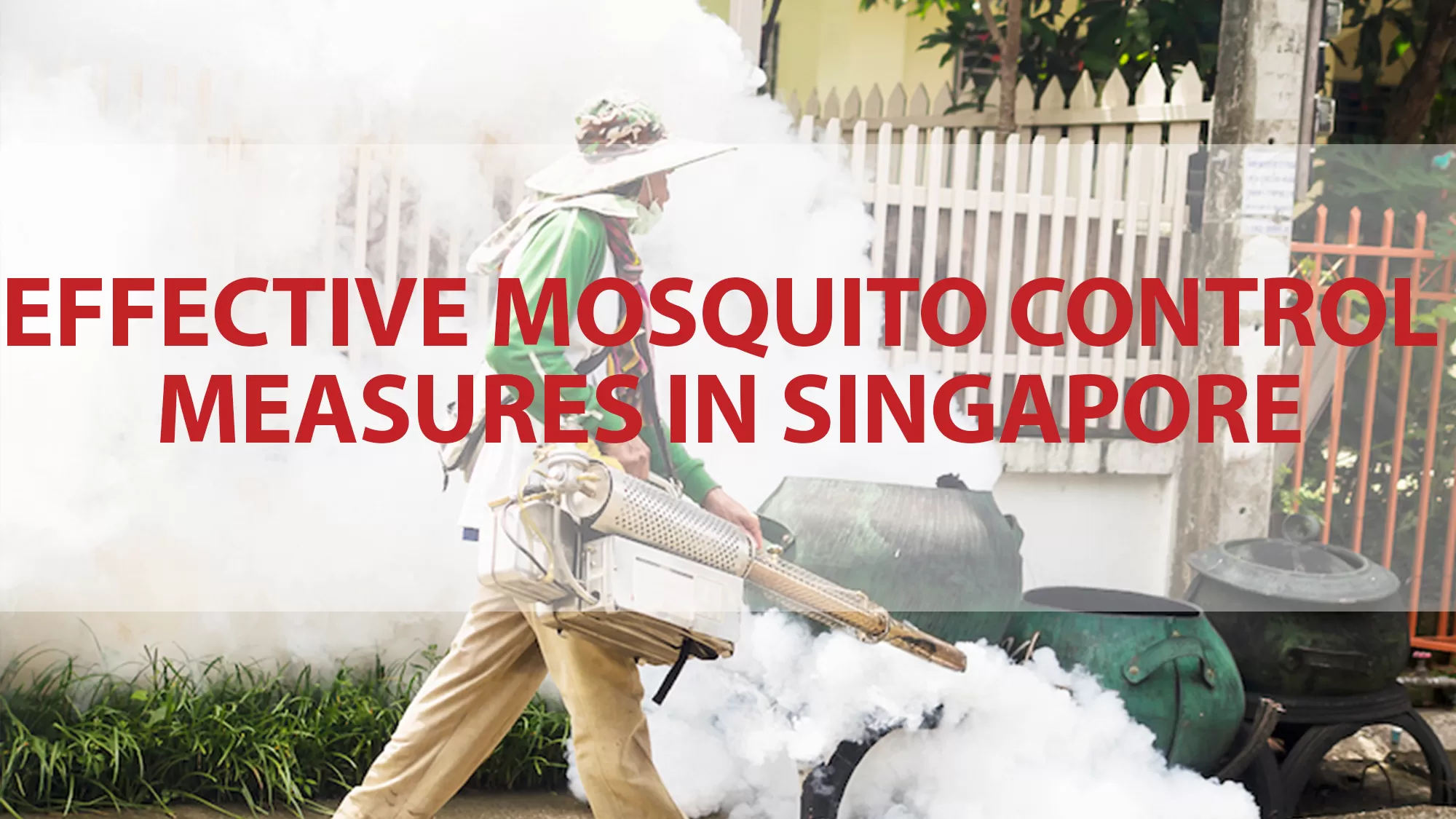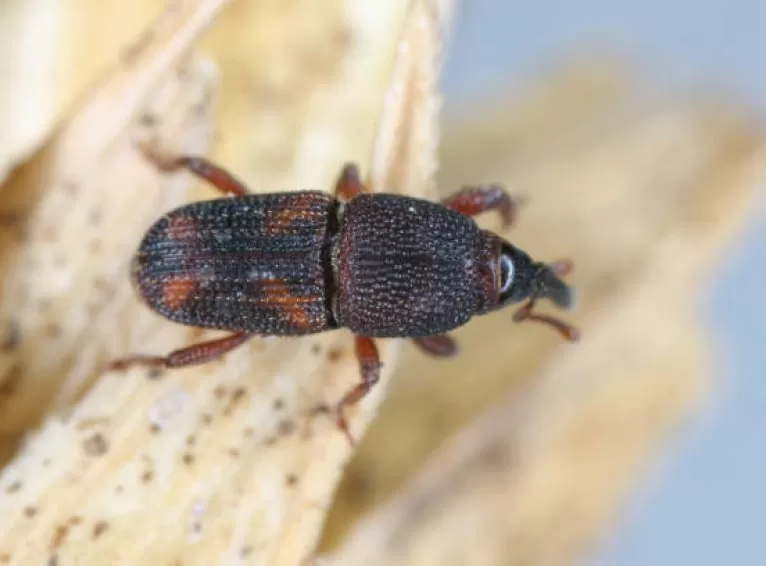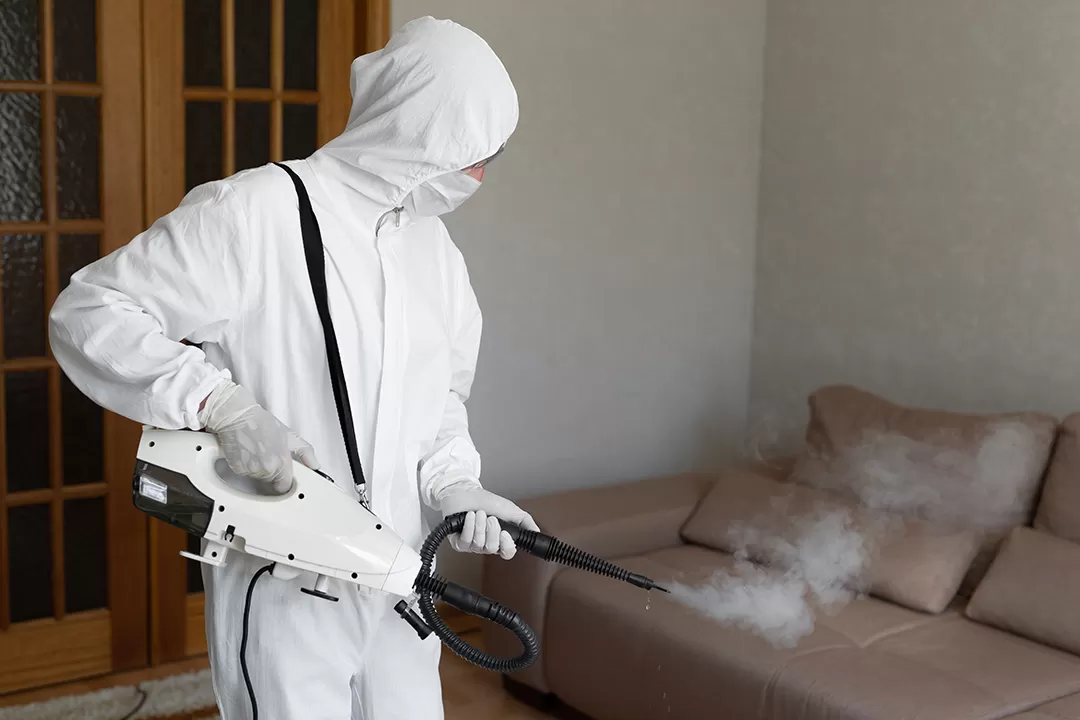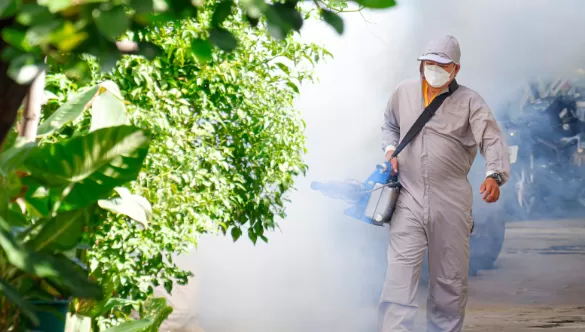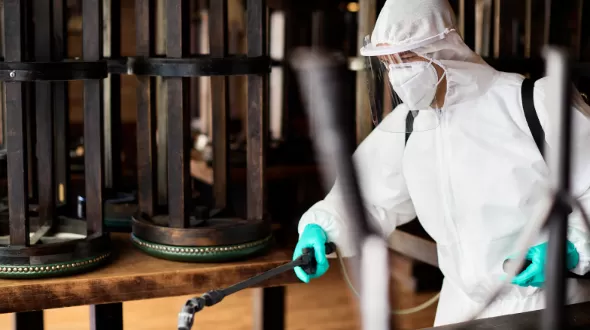Preventing and controlling mosquito infestations is rather challenging. To make matters worse, the climate in Singapore is exceptionally comfortable for these annoying creatures. However, mosquito infestations can be brought under control with preventive approaches, proper public awareness, and collective efforts.
The Singapore government is already practising a few control measures, and there are a few things you can do to help. Well, control measures vary depending on where the infestation is.
In this article, you can understand how mosquito infestations can be controlled by condominium management, school authorities, town councils, and even representatives at construction sites. Keep reading to learn what NEA is doing. By making a few simple changes, you can also help prevent mosquito infestations from getting out of hand.
Mosquito Infestation Control Measures by NEA
The National Environment Agency (NEA) is a public organisation that ensures Singapore has a clean and sustainable environment. As such, NEA is dedicated to keeping vector-borne diseases low in the city-state. NEA has so far implemented several effective control measures to keep the mosquito population in control.
Evidence-based integrated vector management systems are used in addition to public education and enforcement. Finally, continuous research is conducted by NEA to help control mosquito infestations. Here are a few ways NEA helps prevent mosquito-related diseases:
Surveillance
NEA carries out various surveillance programmes to monitor mosquito populations. These programmes also help track the emergence of diseases transmitted by mosquitoes. Through these programmes, NEA gathers a good understanding of how mosquitoes spread diseases and at what rate. This way, preventive measures can be made more effective, and the chances of a disease outbreak can be minimised.
Public Education
NEA also emphasises public education regarding mosquito infestations, preventive care, and control methods. Education campaigns by NEA help support their efforts to keep vector-borne diseases and their adverse effects low.
Enforcement
NEA conducts regular inspections at commercial and residential premises in Singapore. During these inspections, they check whether potential mosquito breeding grounds are cleaned regularly. Penalties such as fines are imposed if any lapses are found during the inspections.
Continuous Research
Finally, NEA leads laboratory and field research to understand better how mosquito-borne diseases such as dengue, chikungunya, Zika fever and malaria are spread. Research also helps reveal whether these diseases can become a big threat to Singapore and also helps find risk management tools to deal with them.
How Singapore Residents Can Help in Mosquito Control
As Singapore residents, you have a role to play in controlling the country’s mosquito populations. Depending on where you live and work, you can do a few things consistently to help. Some efforts need to be practised on a weekly basis, while others can be done fortnightly to ensure there is no mosquito breeding in your vicinity.
Weekly Mosquito Control Measures
Condominiums, public housing estates, town councils, schools, and construction sites must regularly check their surroundings for mosquito breeding spots. This can include checking containers under bushes or in open areas, outdoor litter bins, plant pots, water tanks, ponds and fountains, gully traps, ground puddles, drains, air conditioner trays and tree holes.
If you work on a construction site, you might also want to check canvas sheets, equipment, lift wells, trenches, storage drums, and treatment plants. If there are water-bearing containers or stagnant water you cannot get rid of, apply anti-mosquito oil or insecticides weekly. Then, if it rains and the effects of the insecticides get watered down, use them again.
When using insecticides to control mosquitoes, select a registered repellent product. In Singapore, the law requires repellent products to be registered before any supply, sales, or advertisement can be done. By choosing a registered product, you can ensure safety and effectiveness.
Fortnightly Mosquito Control Measures
Every two weeks, you should check the gutters of bin centres, roof drainage, linkways, and overhead bridges. You should also apply insecticide to gully traps, lighting conductor pits, manhole cover handle depressions, valve chambers, stop-cock pits, and sumps on a fortnightly basis. Also, if you notice water stagnation on other buildings and structures with roof drainage around you, you should highlight it to the authorities so that they can take immediate action.
If you are part of a school or condominium’s management team, you must ensure the water tanks are covered properly, and the drainage outlets are sealed well. Inspections should not be neglected during school vacations. Sand granular insecticide can be applied to all gully traps, toilet bowls, and cisterns in schools to prevent mosquitoes.
Inspecting and Eliminating Mosquito Breeding Spot
Apart from taking preventive measures to keep mosquitoes at bay, you must inspect and assess the mosquito population around you. During your inspection, identify all potential mosquito breeding spots at your homes as well as in your neighbourhood.
While it’s your responsibility to eliminate any potential breeding spots in your houses, you need to report both detected and potential breeding habitats outside your premises to the relevant parties. For example, you can make your report to town councils, school authorities, or condominium management. Then, they would engage an experienced pest control company to help remove or treat existing mosquito breeding habitats with suitable insecticides.
If a school is vacant or is undergoing demolition, efforts should be made to eliminate mosquito breeding in discarded things. For example, use plastic sheets to seal gully traps, toilet bowls, and cisterns. Also, remove excess water from water tanks.
Fogging and Residual Spraying to Eliminate Mosquitoes
Whenever there is a mosquito-borne disease outbreak or a mosquito nuisance, fogging the area can be beneficial. Usually, fogging is done by schools and town councils. However, coordinate your fogging operations with the regional NEA office when necessary.
Fogging is not mandatory at condominium estates and construction sites. However, at construction sites, you can carry out residual spraying of both the interior and exterior walls. This should be done especially if instructed by NEA or if the construction site is in a malaria-sensitive region.
Conclusion
From Zika fever to chikungunya to dengue, mosquitoes can spread many diseases. On top of that, mosquito bites are painful, itchy, and leave spots. No wonder people are always trying to get rid of this annoying creature.
The government and residents of Singapore, too, have some basic practices in place to keep the mosquito population in check. NEA conducts research and spreads awareness about the importance of controlling mosquito infestations. NEA also investigates and fines those who do nothing about mosquito breeding spots on their grounds.
While the government is working consistently, residents also have a role to play. Practice regular housekeeping to keep mosquitoes out of your house. Fill up ground depressions, dispose of unused containers properly, and regularly clear gutters and choked drains. You can take care of the mosquito problem in your area with consistent efforts accompanied by fogging.

